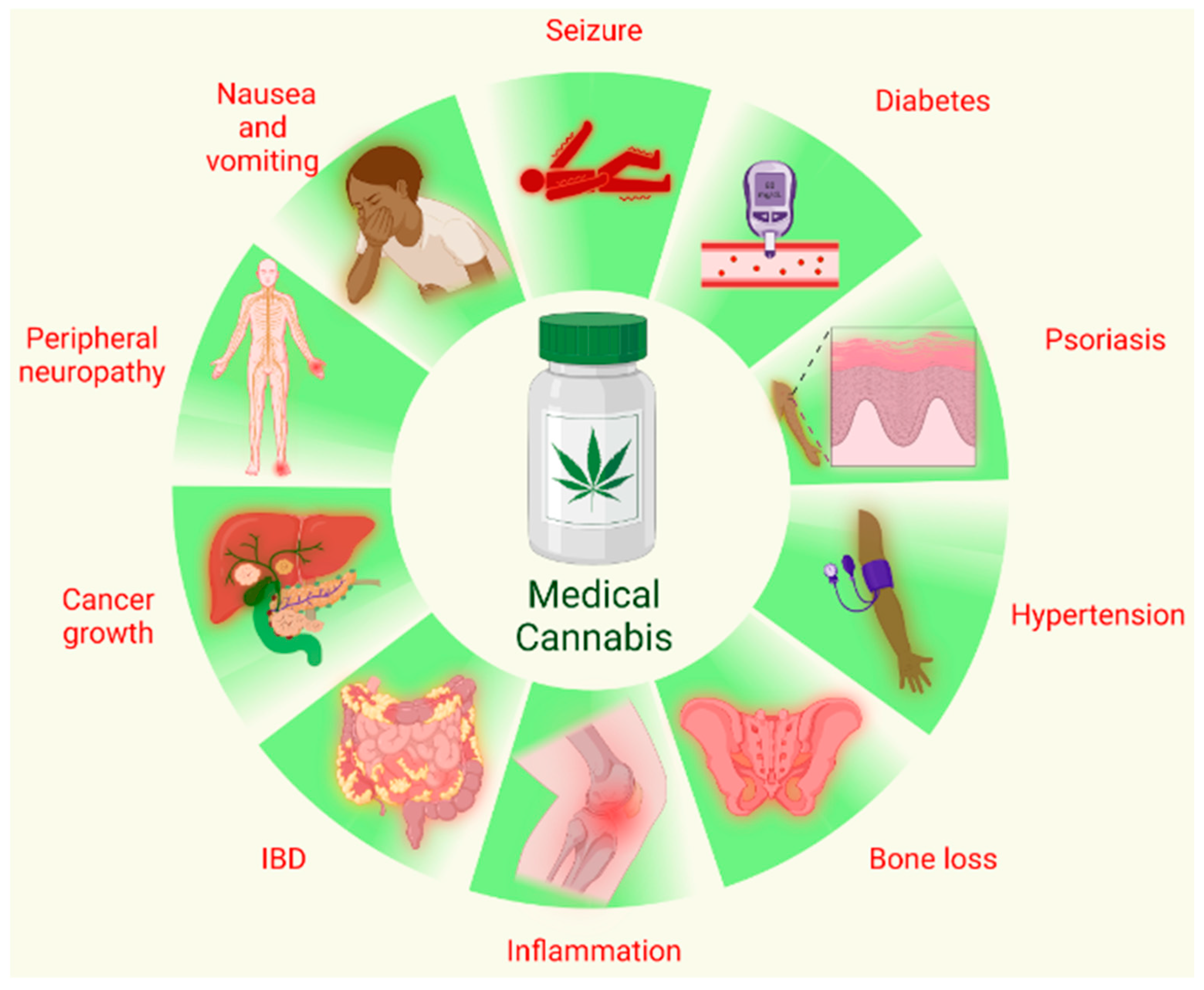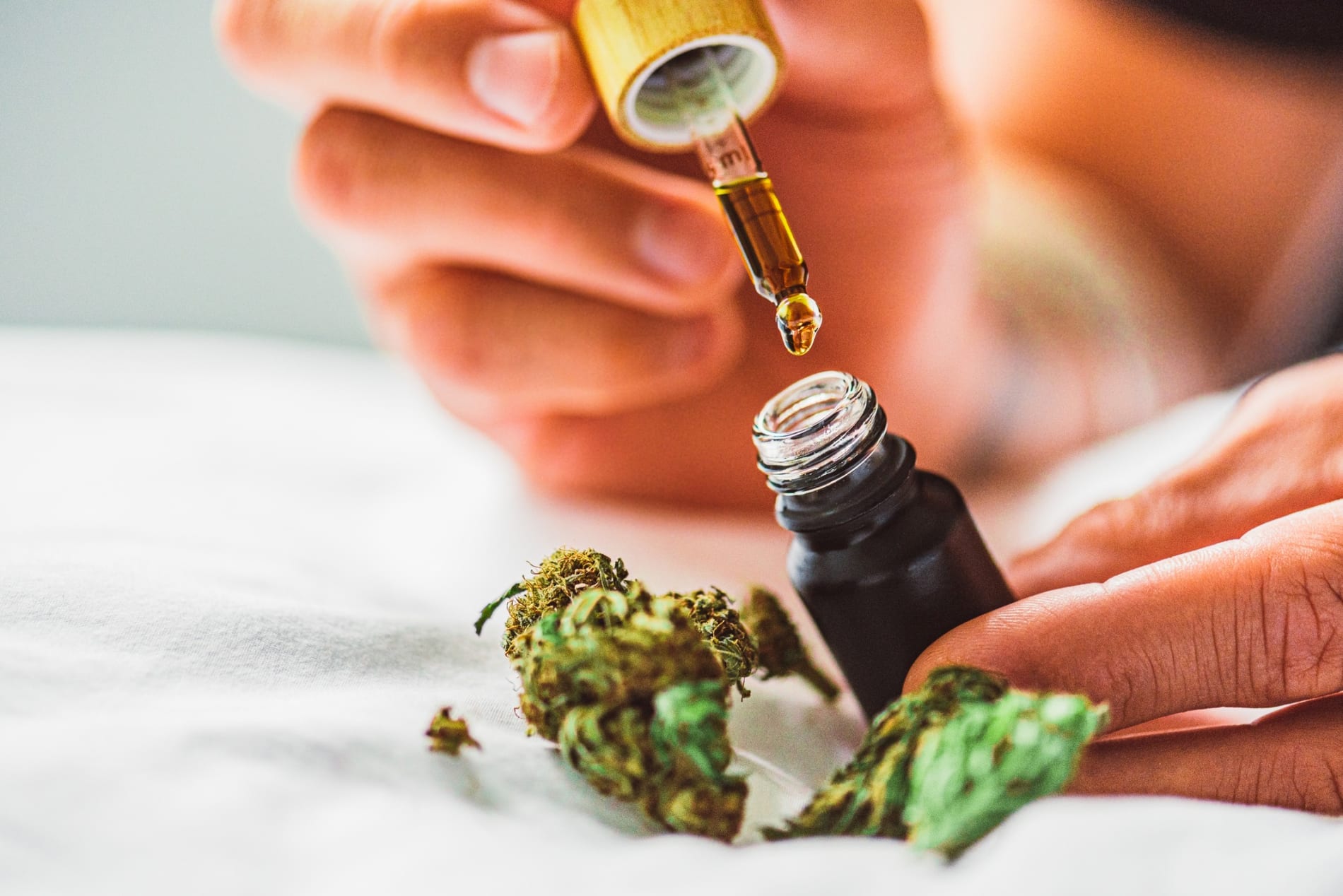Everything You Should Know About Using Kentucky Medical Cannabis Responsibly
Recognizing the Legal Landscape Surrounding Medical Cannabis Worldwide
You're most likely conscious that attitudes in the direction of medical cannabis are shifting globally, yet the legal structures can be complicated. Some countries have actually accepted it, while others remain strictly opposed. Recognizing these differences is important, especially as person demands and public perceptions progress. What drives these disparities, and exactly how do they influence gain access to for patients seeking alleviation? The responses may surprise you.
Historical Context of Medical Marijuana Regulations
As you discover the historic context of medical marijuana legislation, you'll find that its origins extend back thousands of years. Old societies, from the Chinese to the Greeks, identified marijuana for its medical buildings.
Fast onward to the 19th century, when Western medication started to embrace cannabis much more commonly. Medical professionals suggested it for every little thing from migraines to labor pains. The early 20th century saw a shift, as societal assumptions altered, leading to stricter policies and stigmatization.
Recognizing this abundant history helps you value the intricacies of modern clinical marijuana laws. It's a journey with time that exposes the developing connection between culture and this powerful plant.
Current Lawful Status by Region

The United States And copyright Review
Steering with the landscape of clinical marijuana laws in North America reveals a patchwork of guidelines that differ considerably by region. In the United States, some states have fully welcomed clinical marijuana, allowing patients access with dispensaries, while others keep rigorous restrictions. Steering via these diverse laws can be difficult, as each jurisdiction has its own demands for obtaining medical cannabis, including qualifying conditions and application processes.
Europe's Diverse Laws
Guiding with the lawful landscape of medical marijuana in Europe can be complex, given the considerable variations in policies across different countries. In some nations, like Germany and Italy, clinical marijuana is legal and obtainable with a prescription. Others, such as France, have extra limiting plans, allowing only minimal accessibility via details tests. The UK has also made strides, allowing particular cannabis-based medicines, but the procedure continues to be difficult. Nations like the Netherlands accept a more liberal approach, though official policies still lag behind. As you discover these diverse guidelines, it is crucial to remain notified, as laws can transform quickly and vary significantly from one nation to one more. Recognizing these nuances can assist you navigate the advancing landscape successfully.
Asia-Pacific Legal Trends
The Asia-Pacific region showcases a quickly evolving landscape for medical marijuana laws, reflecting a mix of conventional and dynamic methods. Nations like Australia and New Zealand have actually accepted legalisation, using regulated accessibility to medical marijuana. In Australia, individuals can get prescriptions, while New Zealand just recently passed a referendum to permit medical use.
On the other hand, countries like Japan and South Korea maintain stricter guidelines, allowing only limited access to cannabis-derived items. In spite of these constraints, public opinion is moving, with raising require reform.
As you browse this complex landscape, stay educated concerning local legislations, as they can differ considerably from one country to one more, affecting individual accessibility and sector growth in the region.
Key Countries Leading the Method in Clinical Marijuana
As you explore the landscape of clinical marijuana, you'll locate several nations establishing remarkable legalization landmarks. These nations not only develop governing structures that guarantee risk-free gain access to but also blaze a trail in medical research developments. Comprehending their techniques will give you beneficial understandings into the future of marijuana usage in health care.
Legalization Milestones Achieved
While many nations grapple with the intricacies of cannabis policy, numerous have actually made considerable strides in legislating medical cannabis, establishing vital precedents. copyright ended up being a pioneer in 2001, allowing individuals accessibility to clinical cannabis, leading the means for other nations. In the United States, different states have actually legislated medical cannabis, developing a jumble of regulations that affect public understanding and plan.
Governing Structures Explained
Recognizing the regulative frameworks governing clinical cannabis is vital for comprehending how different countries approach its usage. The United States provides a jumble of regulations, with states like The golden state and my response Colorado leading in modern plans, yet federal legislations still create obstacles. By familiarizing on your own with these structures, you can much better comprehend the global landscape of clinical cannabis.
Medical Study Improvements
Countries worldwide are making significant strides in medical cannabis research, bring about a much better understanding of its restorative possibility. In the United States, institutions like the National Institutes of Health (NIH) are moneying research studies on cannabis's impacts on chronic pain and epilepsy. copyright's research campaigns focus on comprehending how cannabis can alleviate signs and symptoms of several sclerosis and cancer cells. Meanwhile, Israel is understood for its cutting-edge research studies on cannabinoids, offering beneficial insights into their medicinal residential or commercial properties. Nations such as Germany and Australia are also buying medical tests to discover cannabis-based therapies. As these countries press forward, you'll witness a development in clinical techniques and a clearer image of just how cannabis can improve individual end results globally.
Difficulties and Barriers to Accessibility
Accessing clinical cannabis can be filled with challenges that stem from varying state regulations and laws. You might discover that in some states, the process to get a clinical cannabis card is difficult and prolonged, calling for cannabis dispensary framingham substantial paperwork or appointments with accepted health care carriers. In addition, also if you qualify, the number of dispensaries can be restricted, making it challenging to discover a neighboring resource.
Insurance protection for medical marijuana is commonly lacking, compeling you to pay out-of-pocket. Steering through this facility landscape can feel frustrating, however recognizing these obstacles is essential for any person thinking about clinical cannabis as a therapeutic option.
Effect of Clinical Marijuana on Health Outcomes
While lots of people continue to be cynical about marijuana, research study progressively reveals its possible benefits for numerous wellness problems. You could be amazed to find out that clinical cannabis can assist reduce persistent discomfort, minimize inflammation, and manage symptoms of anxiousness and depression (Kentucky Medical Cannabis Doctor). For clients fighting problems like epilepsy or several sclerosis, cannabis has shown significant therapeutic effects, using relief when conventional treatments drop short
Furthermore, research studies suggest that some components of marijuana, such as CBD, cannabis dispensary great barrington can improve total lifestyle for clients going through treatments like chemotherapy. It's essential to take right into account that private feedbacks to marijuana can differ commonly, so what benefit one person may not help another. As you explore the prospective effect of clinical cannabis on health and wellness results, get in touch with and keep an open mind with healthcare specialists to tailor a therapy plan that suits your unique demands and conditions.
The Role of Healthcare Providers in Person Gain Access To
As you browse the complexities of medical marijuana laws, it is vital to acknowledge the critical role medical care providers play in client access. These specialists act as important guides, aiding people recognize their alternatives and browse lawful demands. They can analyze whether clinical cannabis is appropriate for your condition and supply paperwork required for legal access.
Furthermore, health care companies often enlighten people regarding the potential benefits and risks of cannabis usage, making certain notified choices. They can recommend suitable stress, dosages, and approaches of intake customized to individual needs. Their assistance is vital, specifically in areas where legislations vary significantly.

Future Trends and Predictions for Clinical Marijuana Legislations
Doctor will certainly remain to shape the landscape of medical cannabis regulations as they advocate for person needs and engage with policymakers. You can expect an expanding trend towards more comprehensive regulation that identifies the therapeutic benefits of cannabis. As study expands, more nations will likely take on policies that help with gain access to for clients dealing with numerous conditions.
Public point of view is shifting, as well, with raising approval leading the way for reform - Kentucky Medical Cannabis Doctor. You might see a rise in medical cannabis programs tailored to specific demographics, such as seniors and veterans
In addition, as health care systems integrate marijuana into treatment protocols, insurers may start covering cannabis-related costs, additionally legitimizing its usage.
Ultimately, worldwide partnerships can emerge, causing standardized guidelines and quality assurance actions. Generally, the future of clinical cannabis laws appears encouraging and dynamic, driven by proof, campaigning for, and patient-centered treatment.
Frequently Asked Concerns
How Do International Treaties Affect Medical Cannabis Legislation?
International treaties can form your country's clinical cannabis regulations by setting guidelines or constraints. When countries adhere to these contracts, it frequently affects neighborhood regulation, making it important for you to remain informed on changes.
What Are the Lawful Age Needs for Medical Cannabis Use?
The adultness for medical marijuana usage differs by jurisdiction. In many areas, you have to be at least 18, yet some allow minors with parental consent. Always inspect neighborhood regulations prior to continuing with medical cannabis.
Can Employers Fire Worker for Medical Cannabis Use?
Yes, companies can terminate you for clinical cannabis usage, depending upon state legislations and firm policies. If your work needs drug screening or if cannabis affects your efficiency, they may do something about it. Always examine your workplace guidelines.
Exist Restrictions on Medical Marijuana Advertising?
Yes, there are restrictions on clinical cannabis advertising and marketing. You'll find policies vary by jurisdiction, commonly restricting misleading claims and requiring specific health and wellness cautions. It's crucial to check regional laws to ensure compliance before advertising.
How Do Medical Marijuana Regulation Differ for Veterans?
Medical marijuana legislations for professionals typically consist of special provisions, permitting less complicated gain access to or advantages. Some states focus on experienced demands, while others may limit use. It's essential to examine your regional regulations for specifics.
While many countries grapple with the complexities of marijuana guideline, several have made significant strides in legislating medical marijuana, establishing essential criteria. In the United States, various states have actually legislated clinical marijuana, developing a jumble of laws that influence public understanding and plan.Accessing medical cannabis can be filled with challenges that stem from differing state regulations and laws.As you navigate the intricacies of medical marijuana regulations, it is important to recognize the critical duty healthcare service providers play in client accessibility.Medical care companies will certainly proceed to form the landscape of medical cannabis regulations as they advocate for person needs and engage with policymakers.